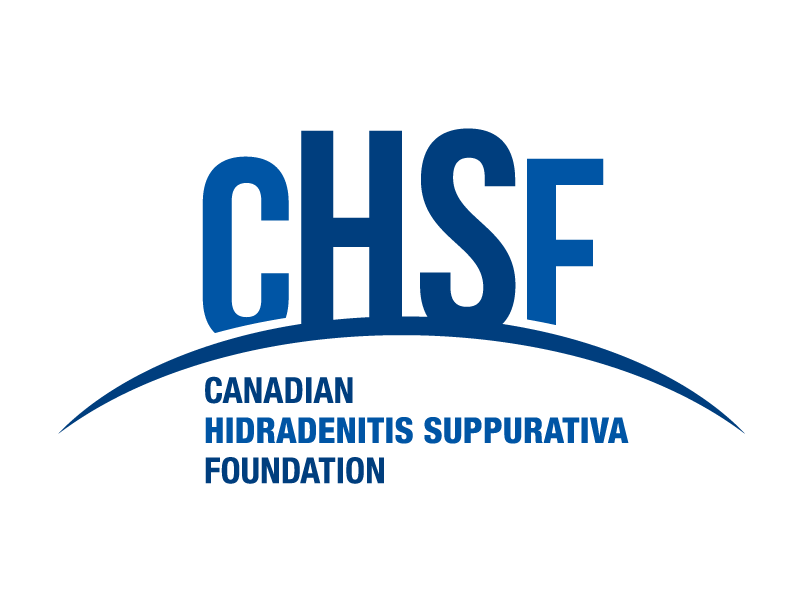HS Awareness is crucial for understanding this chronic skin condition affecting hair follicles and sweat glands in sensitive areas like the armpits, groin, and buttocks. hidradenitis suppurativa manifests as painful abscesses, nodules, and boils, often leading to tunnel formation under the skin. Educating oneself and others about hidradenitis suppurativa symptoms and impact is essential for early detection and effective management.
HS is a complex and challenging condition to manage, and it can significantly impact a person’s quality of life. In this article, we will take a closer look at the symptoms of HS and how it can be diagnosed and treated.

What Are The Symptoms of HS?
The symptoms of Hidradenitis Suppurativa symptoms can vary from person to person, ranging from mild to severe. Some of the most common symptoms of HS include:
Painful and Recurrent Abscesses
The most common symptom of HS is the development of painful and recurrent abscesses, which are pus-filled lumps that can form under the skin. These abscesses can be small or large and can be located in the armpits, groin, and buttocks. They can be painful, itchy, and can burst, leaving open sores that are slow to heal.
Nodules and Boils
Nodules and boils are also common symptoms of Hidradenitis Suppurativa. They are similar to abscesses, but they are larger and can be more painful. They can also be more challenging to treat, leading to scarring and disfigurement.
Tunnels Under the Skin
HS can cause tunnels or tracts to form under the skin. These tunnels can connect abscesses or nodules and become infected, leading to more bumps and nodules. They can also be painful, itchy, and can bleed.
Scarring
HS can cause scarring, which can be permanent. The scarring can be unsightly and can affect a person’s self-esteem and confidence. The scarring can also make it more difficult to move and cause discomfort.
Other Symptoms
Other symptoms of HS can include redness, itching, and inflammation of the affected areas. The skin can be tender to the touch and difficult to move or perform daily activities. In severe cases, HS can cause fever, fatigue, and malaise.
Diagnosing HS
Diagnosing HS can be challenging, as the symptoms can be similar to other skin conditions. A doctor will typically perform a physical exam and ask about a person’s medical history to diagnose HS. Additionally, they might perform a biopsy, which entails taking a tiny sample of tissue from the affected area to be tested.
Treating HS
HS can be challenging to treat, and there is no cure. However, several treatment options can help manage the symptoms and improve a person’s quality of life.
Medications
Medications such as antibiotics, corticosteroids, and anti-inflammatory drugs can help manage the symptoms of HS. They can reduce inflammation, prevent infection, and alleviate pain. Both oral and topical applications of these medicines are available.
Surgery
In severe cases, surgery may be necessary to remove the affected tissue and prevent the formation of new abscesses and nodules. Abscesses can also be drained surgically, and scar tissue can be removed.
Lifestyle Changes
Lifestyle changes such as maintaining good hygiene, losing weight, and wearing loose clothing can help manage the symptoms of HS. Avoiding tight-fitting clothes and using antibacterial soap can also help prevent infection and reduce inflammation.
Dietary Changes
Dietary changes such as reducing the intake of dairy, sugar, and processed foods can also help manage the symptoms of HS. Eating a diet rich in fruits, vegetables, and lean protein can help reduce inflammation and promote healing.
Importance of HS Awareness
HS education can help to reduce the stigma associated with the condition, and to make it easier for those affected to talk about their experiences. It can also help to educate healthcare providers about the condition and the treatments available, so that those affected can get the best care possible.
Raising awareness of Hidradenitis suppurativa (HS) can also help to increase research into the condition. This is important, as HS is still not fully understood and there is a lack of effective treatments available. With more research, we can gain a better understanding of the condition and develop treatments that will help to improve the quality of life of those affected.

Conclusion
HS can significantly impact a person’s quality of life. The symptoms of HS can be painful and itchy, leading to scarring and disfigurement. However, with proper diagnosis and treatment, the symptoms of HS can be managed, and a person can live a whole and active life.
If you suspect you may have HS, speaking with a doctor who can diagnose properly and recommend appropriate treatment options is essential.
Canadian Hidradenitis Suppurativa Foundation is dedicated to improving the lives and management of patients by raising HS awareness and educating dermatologists. Contact us to learn more about HS.
